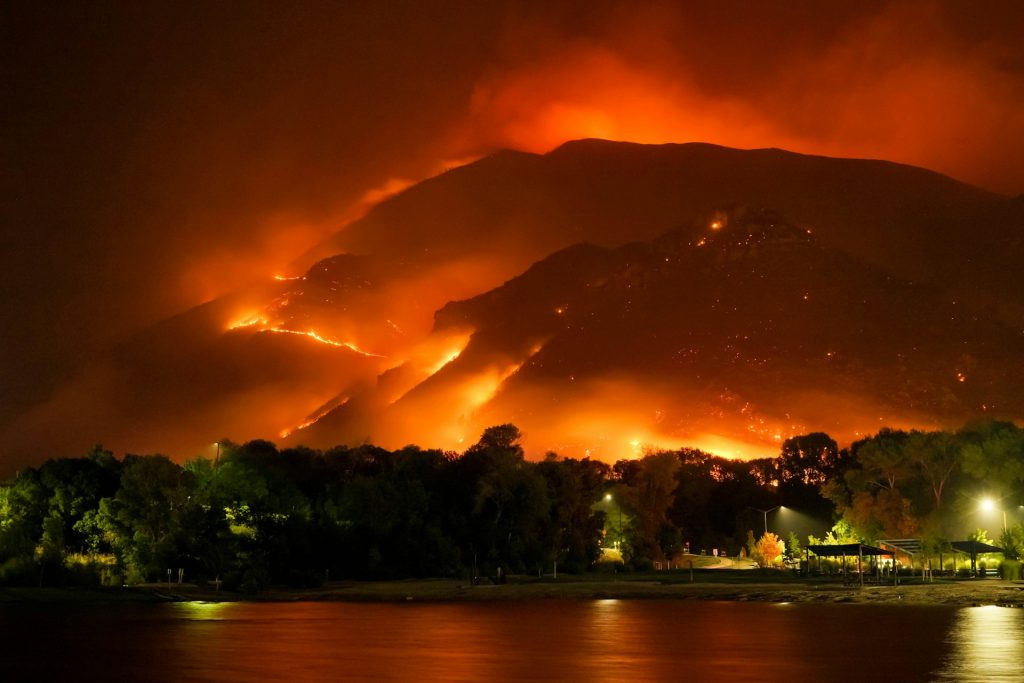Drought becomes most apparent when it impacts our daily lives. The social impacts of drought in Canada are usually indirect. That is, they are a result of the direct impacts of drought such as low water levels in drinking water reservoirs, increased dust and lost economic output (e.g. crop loss).
Drought can affect physical and mental human health. Increased dust levels may be detrimental to people with respiratory problems, and wildfires caused from the dryness may become a public safety issue. Farmers and those whose livelihoods are directly connected to land and water may have high stress levels or experience anxiety or depression.
Drought might also impact quality of life. For instance, the aesthetics of a community may change. Small bodies of water may dry up and plants might die. Drought can also affect recreation and there may be fewer recreation opportunities (e.g. water sports might be limited).
The 2022 United Nations “Drought in Numbers” [1] report notes that “Over 1.4 billion people were affected by drought in the period 2000 to 2019” (p.14) while also noting that, “second only to flooding, droughts inflict the greatest suffering on women and girls in developing countries, in terms of education, nutrition, health, sanitation, and safety.” [2]. Further, the World Bank’s 2021 report on migration [3] suggests that some 216 million people may have to migrate by 2050 for reasons including water scarcity.

We provide Canadian educational resources on water practices to promote conservation and sustainability. Our team crafts current and relevant content, while encouraging feedback and engagement.
The Canada WaterPortal is a registered charity, #807121876RR0001
We recognize and respect the sovereignty of the Indigenous Peoples and communities on whose land our work takes place.
© 2025 All Rights Reserved.